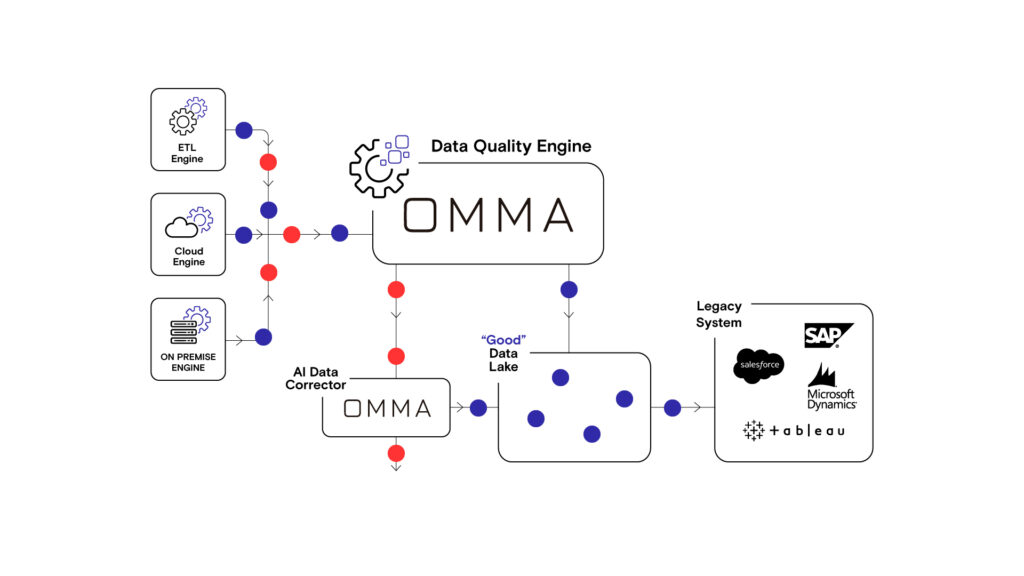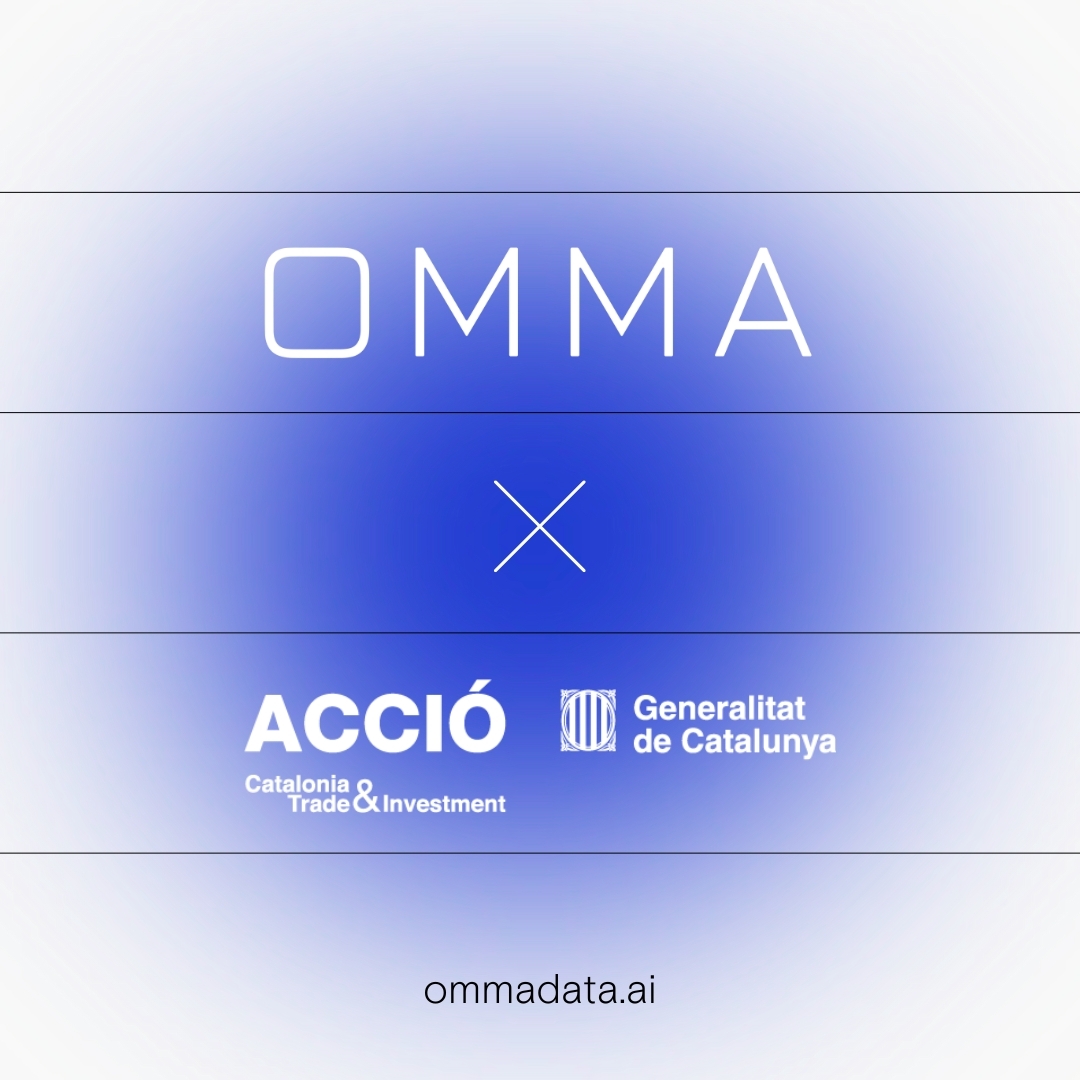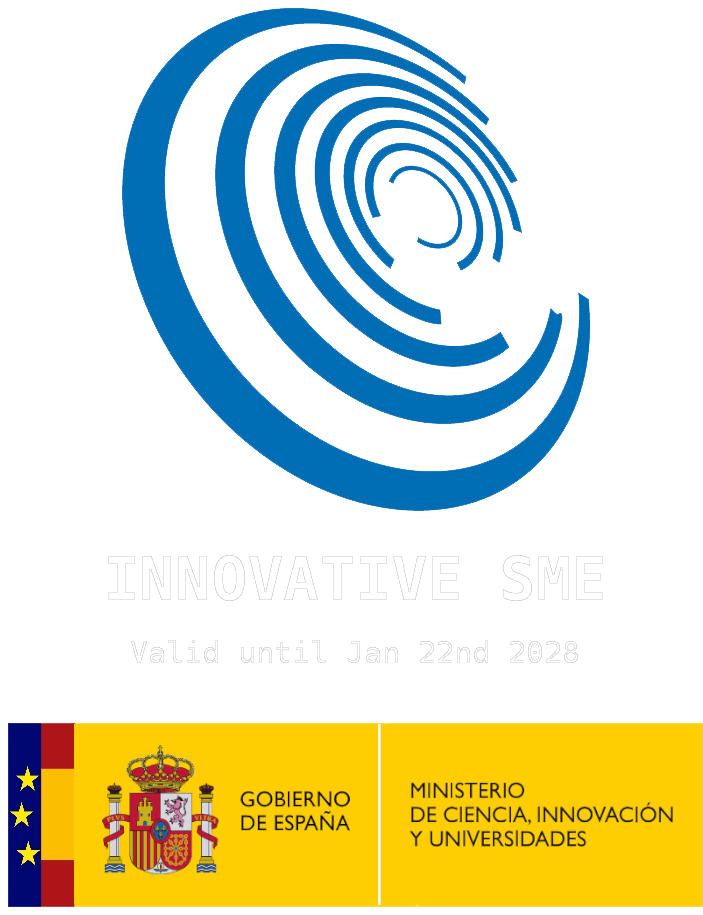Catalonia has solidified its position as one of the most competitive and resilient economies globally, thanks to its strong business network, entrepreneurial spirit, and ability to innovate and attract investment. This positive outlook is the result of a long history of public policies aimed at supporting industry and businesses, a commitment that the Government of Catalonia has upheld over the past decades, primarily through ACCIÓ, its agency for business competitiveness.
A key factor in this success has been the emphasis on a robust industrial sector, with industry accounting for more than 20% of Catalonia’s Gross Value Added (GVA). This percentage rises to over 50% when including services related to production, highlighting the importance of industry in the region’s economic structure. Furthermore, industrialised economies tend to be more innovative, create higher-quality jobs, and enjoy greater stability and social cohesion.
To continue driving competitiveness, the Government has launched the National Pact for Industry 2022-2025, an ambitious programme aimed at transforming Catalonia’s industrial model by enhancing its capacity to address current challenges, such as the green and digital transitions. This pact, a result of collaboration and consultation with various sector stakeholders, provides a stable framework for medium-term industrial policies.
Innovation as a Driver of Transformation
In an increasingly competitive and constantly changing environment, one of the fundamental pillars that differentiates Catalonia globally is its strong commitment to innovation. In this context, grant schemes have been established for open and disruptive innovation projects, supporting both the development of new ideas and the growth of startups in their early stages. These projects, carried out in collaboration with external entities, aim to accelerate the creation of innovative solutions that will impact Catalonia’s industrial fabric and strengthen its global positioning.
OMMA Data
Today, data is a critical asset for decision-making, and ensuring its quality has become a strategic priority. Recently, our team had the opportunity to lead a project funded by ACCIÓ (public funding), focusing on the analysis and improvement of sales data for a publishing company in the educational sector in Colombia and Mexico.

Project Objectives
The primary goal of this project was to conduct an in-depth analysis of the data from the publisher’s CRM. This analysis aimed not only to identify inconsistencies and errors but also to establish a solid data quality framework that would enable the publisher to optimise its operations and enhance strategic decision-making.
Metodología
Following an initial analysis phase, the ERP and CRM data from both countries were examined, providing insights into the business and the specific needs of each country. This allowed for the identification of major quality measurement points or “Quality Points” associated with data sources from various areas such as schools, sales lines, or business contacts. To measure quality in these areas, data quality rules were defined to ensure completeness, accuracy, validity, uniqueness, and referential structure across all data.
These rules, alongside those recommended by OMMA’s Rule Recommender, were simulated and executed, revealing both known and new quality issues, thus reducing the time needed for detection and correction.
Following OMMA’s implementation, these rules are now executed regularly, and a dashboard provides real-time information on the quality status of data sources ingested and processed by the publisher.
As a result of this project, the publisher has successfully monitored the business impact of improving the quality of data used for decision-making, campaign generation, investment in innovation, and the creation of tailored content.
Data quality is essential for any organisation aiming to remain competitive in today’s environment.
ACCIÒ X OMMA DATA
Thanks to the support from ACCIÓ and close collaboration with the publishing company, we have established a robust data quality system that promises to have a significant impact on its operations and decision-making capabilities.

This project underscores the importance of interdepartmental collaboration and the use of specialised tools to ensure that data is not only abundant but also accurate and useful.
With OMMA, we have once again demonstrated that investing in data quality improvement not only optimises internal operations but also strengthens organisations’ ability to adapt to a constantly evolving competitive landscape. Data quality, therefore, emerges as a crucial driver for success and innovation in the business sector.


